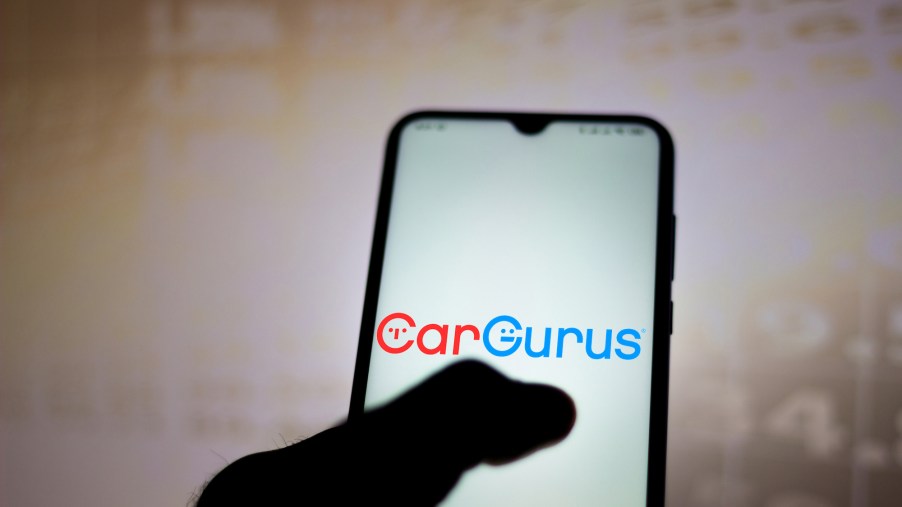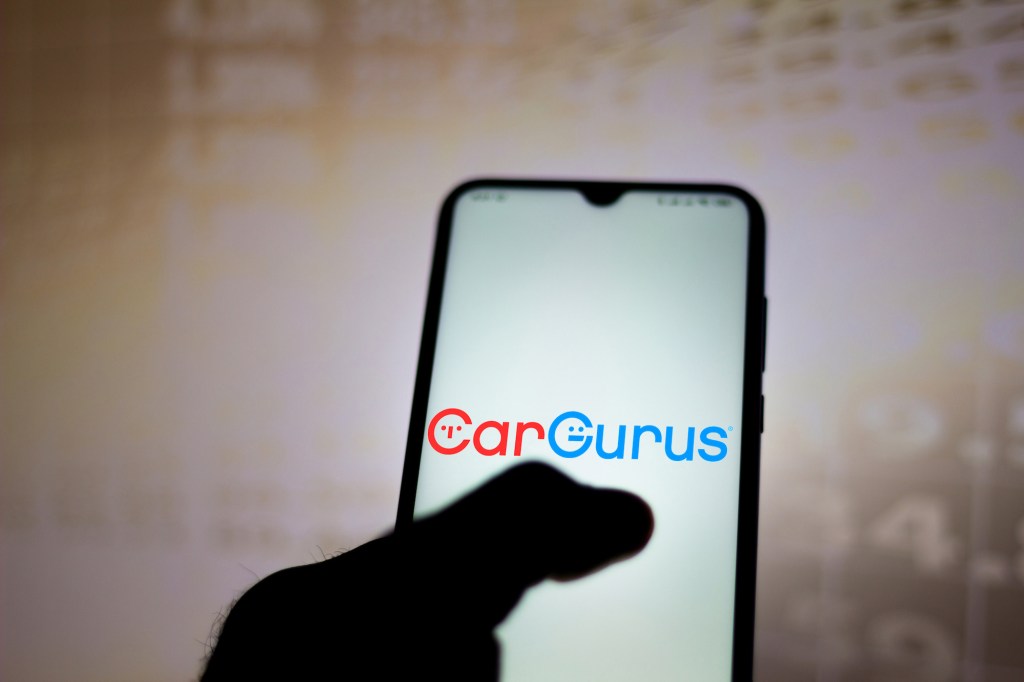
Can You Get Scammed on CarGurus?
Car shopping can be overwhelming, especially through online services such as CarGurus. Automotive scams are on the rise, and if you’re not careful, you could lose your investment. When it comes to buying cars online, you should never break one major rule: If something seems too good to be true, it probably is.
For instance, if a price is too low for a certain model, view that as a red flag. The most common car buying scams include fake money orders, cars rebuilt from salvage titles, and the good old “the car runs just great.” So, can you get scammed on CarGurus?
What is CarGurus?

CarGurus is one of the most popular car-buying sites in the United States and is a reliable resource for finding new and used cars and researching car values. You can also use CarGurus to sell your car or conduct unbiased research.
Like many online hiring sites, CarGurus doesn’t sell the cars themselves. It connects buyers and sellers. For instance, if you find a car you want to purchase, the service connects you with nearby dealerships to complete the sale.
Can you get scammed on CarGurus?
According to the Better Business Bureau, cases of virtual business vendor scams are on the rise, which is why you should exercise due diligence before conducting a transaction. CarGurus has a Trust & Safety section on its website that warns you about the most common scams.
You should especially watch out for cars that have been advertised way below their market value, sellers that avoid third-party inspections from the buyer and refuse personal meetings, and those who seem to be pushing for hasty sale completion. Don’t complete a sale until you have proof of the vehicle’s existence and confirmation it’s in the listed condition.
CarGurus also takes several steps to mitigate fraud attempts, including using sophisticated software to scan the listing details to determine its legitimacy. They also require sellers to provide the car’s VIN before communicating with buyers.
If you experience a fraud attempt on the site, you should report it to the Federal Trade Commission, notify the FBI’s Internet Fraud Complaint Center, or contact your local police department.
What are alternative sites to buy a car?
Being a savvy car buyer requires you to consider your options before committing to one site. If you’re still weighing your options, here are some alternatives to CarGurus.
Carvana
Carvana is a great choice for shoppers looking for a convenient way to buy used cars without visiting a dealership. The company allows you to buy a car online and offers a 7-day return policy.
Carvana says it’s been in operation since 2015 and has streamlined the car shopping experience. The listing and buying process is pretty straightforward, and the service also offers pickup and delivery options. In addition, you can get car financing from this site.
CarMax
CarMax is one of the largest used car shopping sites in the United States. Unlike Carvana and CarGurus, CarMax has several physical locations across the nation. This means you can easily shop in person and test-drive your preferred vehicle before making a purchase. CarMax has a Love Your Car Guarantee, which includes 24-hour test drives and a 30-day return policy (up to 1,500 miles).
On the flip side, while this reduces the number of scams you can experience on the site, it also means you have to pay more through this site than others. That’s because CarMax has many overhead costs, which it transfers to the final price of the vehicle.
Cars.com
One thing that sets Cars.com apart from the others is that it offers abundant service information. Cars.com also has recommended service centers, tips on DIY repairs and how to make your car sell faster, and tools you can use to price repairs.
[Correction, 8/25/21: An earlier version incorrectly claimed CarGurus and Carvana were owned by the same parent company.]


